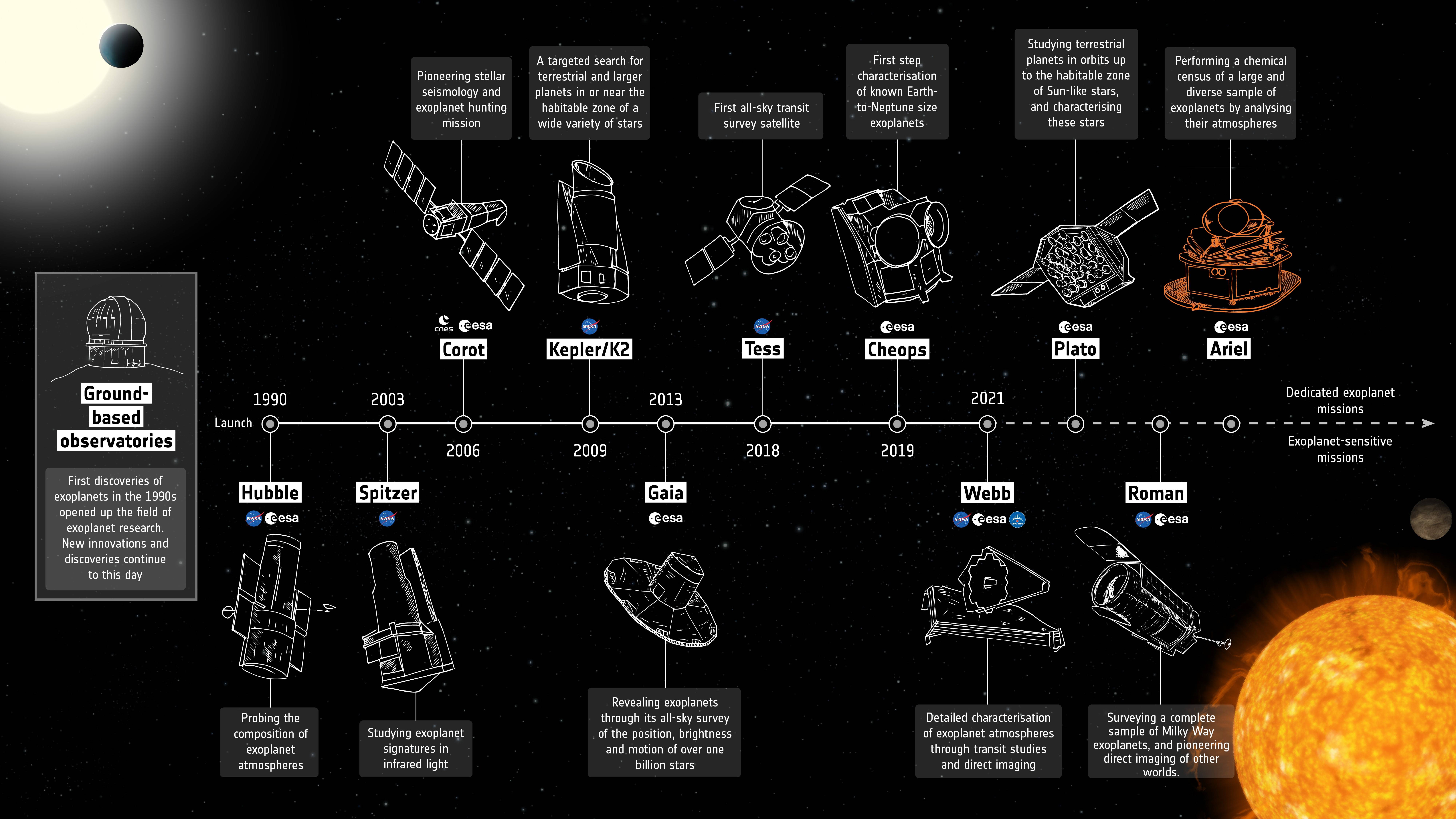About Us

The Centre for Space Exochemistry Data grew out of the Exoplanet and Extragalactic Astrophysics Groups at UCL in November 2018. The Centre is based within the Harwell Space Cluster, a strategic location that facilitates intersections with public organisations, including European Space Agency (ESA), STFC’s RAL-Space, Satellite Applications Catapult and leading private companies from the space sector and start-ups. CSED aims to bridge the gap between astrophysics, space engineering, computer science, machine learning and industry.
CSED is an accelerator of the connection between the academic environment and other sectors that will attract private investments. It serves as an incubator for disruptive ideas to create spin-offs and develop partnerships in the industrial domain. To date, two successful start-ups have been created for the commercial exploitation of UCL exoplanet-related activities. CSED members are also part of the Centre of Planetary Sciences at UCL/Birkbeck.
The inspirational nature of exoplanet and extragalactic science attracts the best students and young minds from all over the world. The intersectorial environment of CSED prepares a new generation of highly-qualified leaders and managers in scientific, technical and business areas.
CSED fosters educational initiatives connected to exoplanet science and STEM, including plans for a national and international roll-out of the successful EduTwinkle and ORBYTS programmes currently run in the London area.
 Close
Close

